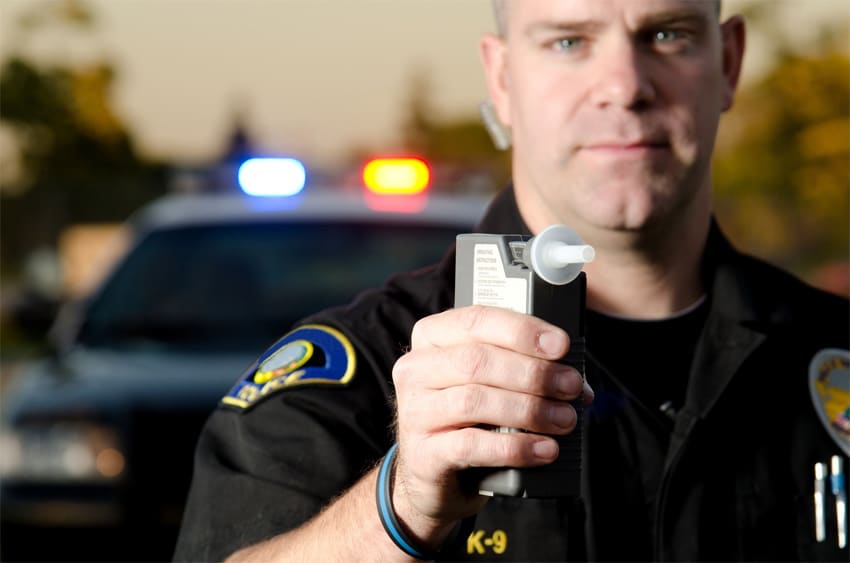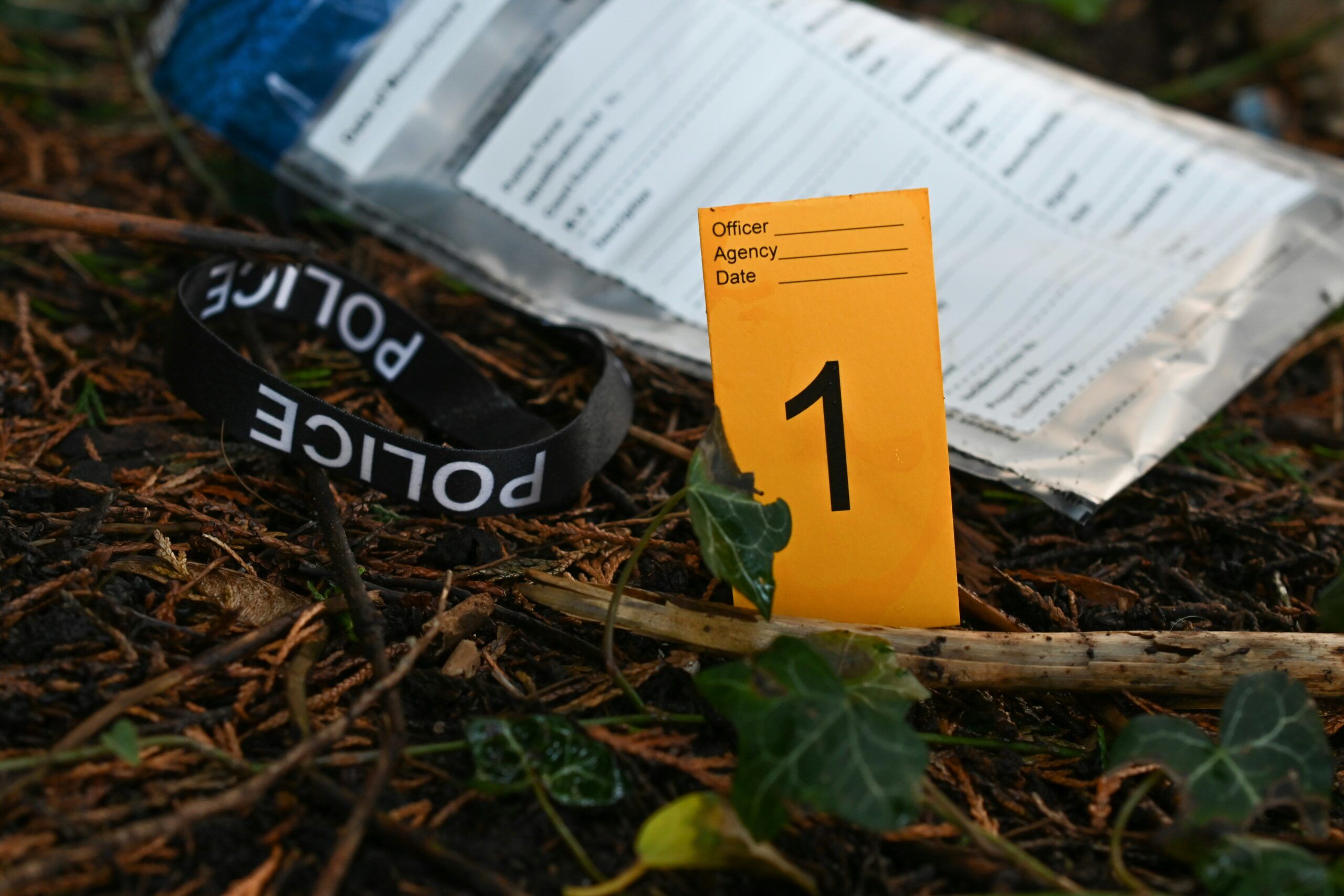Refusing or Taking a Breath Test
If you are arrested for DUI, you will be read an “implied consent advisory” and asked whether you will consent to take a blood alcohol test, usually in the form of a breath test. You should consider the following when deciding whether to refuse or take the test.
Recently the Kansas Statute that criminalize refusing to take a blood alcohol test was ruled unconstitutional by the Kansas Supreme Court. However, more recently the United States Supreme Court has made a ruling that could make it possible to rewrite that statute and criminalize refusal of a breath test. Please consult with your local DUI attorney for updates in the laws, and the possible penalties that could come with refusing a breath test. If the statute is rewritten those penalties could be similar or worse than a DUI.
Refusing the test may result in longer suspension or restriction of your driver’s license. The suspension periods are set out in detail in the section of this site entitled “Suspension of Your Driver’s License.”
Under some circumstances, a refusal makes it less likely that you will be convicted of a DUI charge. It certainly does not guarantee a “not guilty” verdict. You can be convicted even if you refuse the DUI test. A test refusal means that there is less evidence of intoxication, but prosecutors often go forward with their case without test results. They rely on other evidence, such as the results of field sobriety tests and observations of the arresting officer.
Refusing Field Sobriety Tests
If you are pulled over for suspicion of driving under the influence, you will be asked to perform field sobriety tests. Failing the tests will almost certainly result in arrest. Your performance on the tests will be used against you in court. They are powerful evidence, and an officer’s testimony that you failed them can result in an easy conviction.
Here is the secret police do not want you to know: the DUI testing is completely voluntary. Police cannot make you take them. You can, and probably should, decline to take the tests.
The three most commonly administered field sobriety tests are the Horizontal Gaze Nystagmus, which requires that you follow an object (usually a pen) with your eyes; the Walk and Turn, which requires that you walk in a line, heel to toe; and the One Leg Stand, which requires that you balance on one foot for a certain period of time (usually 30 seconds).
Although the Horizontal Gaze Nystagmus test is not admissible in court, officers routinely rely on the test in formulating their opinions of whether a driver has been driving under the influence. The test requires you to follow an object using your eyes only. If you move your head, or if the officer thinks your eyes “jerk” while following the object, you will likely fail this test.
The Walk and Turn test requires you to walk a straight line, heel to toe, for nine steps. Then, you must make a very precise turn and walk nine heel-to-toe steps back down the line. There are myriad ways to fail this test. If you step off the line at all, if you do not make heel to toe contact, if you use your arms to balance, or if you do not execute the turn properly, it is almost certain that the officer will determine that you have failed this test.
The One Leg Stand requires you balance on one foot for 30 seconds. You must hold your other foot six inches off of the ground. You must keep your arms at your sides. You must keep your eyes on your foot. Finally, you must count aloud in the 1-one thousand, 2-one thousand fashion until the officer tells you to stop. If you “hop” to keep your balance, use your arms to balance, sway, put your foot down, or fail to hold it up high enough, the officer will fail you on this test.
To read more about these three field sobriety tests and the science behind the DUI testing, go to the National Highway Traffic Safety Administration’s website.
Because it is so easy to “fail” these tests, it is important to remember that they are completely voluntary. You do not have to perform them. Yes, there is a chance that you will be arrested even if you refuse the tests. However, taking the tests and failing could have far more severe consequences. These tests are usually captured on the dash camera of the patrol vehicle, and they are almost always allowed to serve as evidence against you at trial. Keep in mind that you are likely going to be arrested whether or not you take the tests if you admit to the officer that you consumed alcohol or if the officer claims that you smell of alcohol. Don’t be intimidated by the officer. If you do not want to take the tests, politely decline.
If you have been arrested for DUI, whether you submitted to testing or not, it is important to have an experienced DUI attorney review the unique facts of your case. Please feel free to contact our offices during normal business hours at our offices in Wichita, Kansas City, Lawrence & Topeka Ks.













